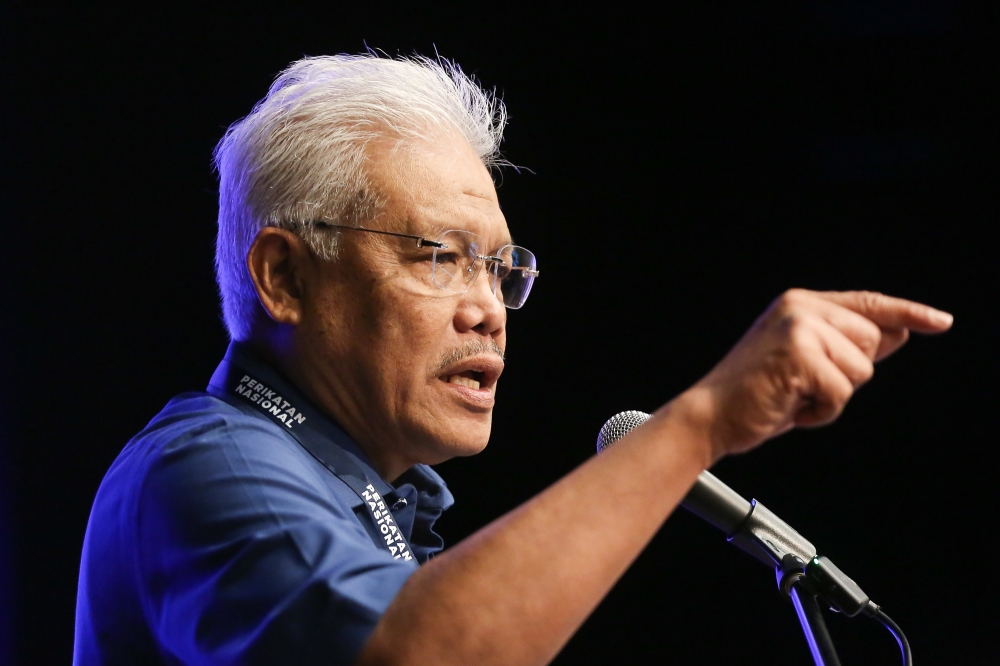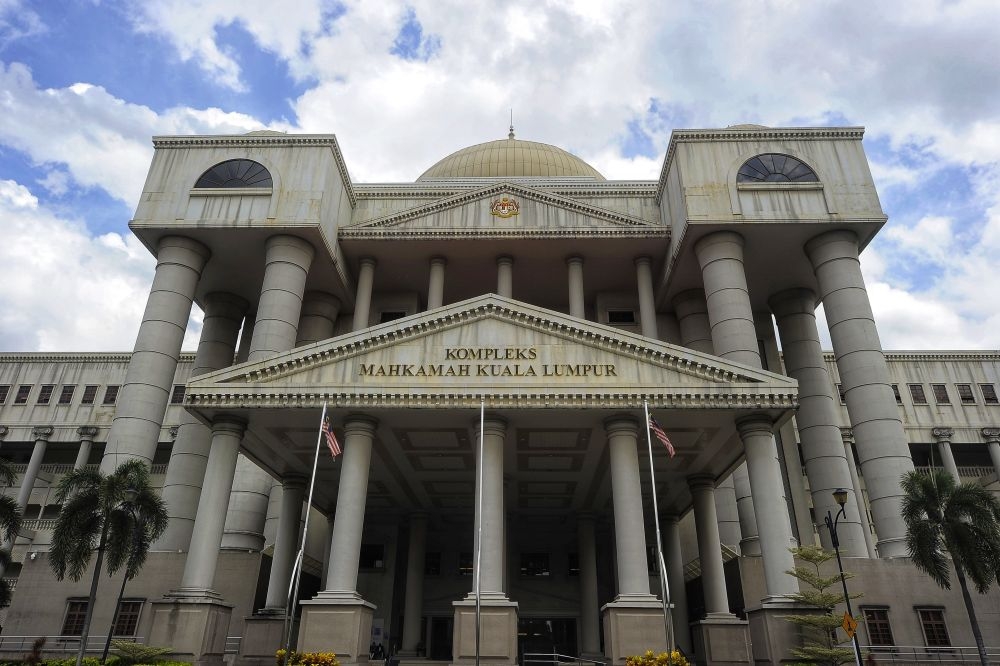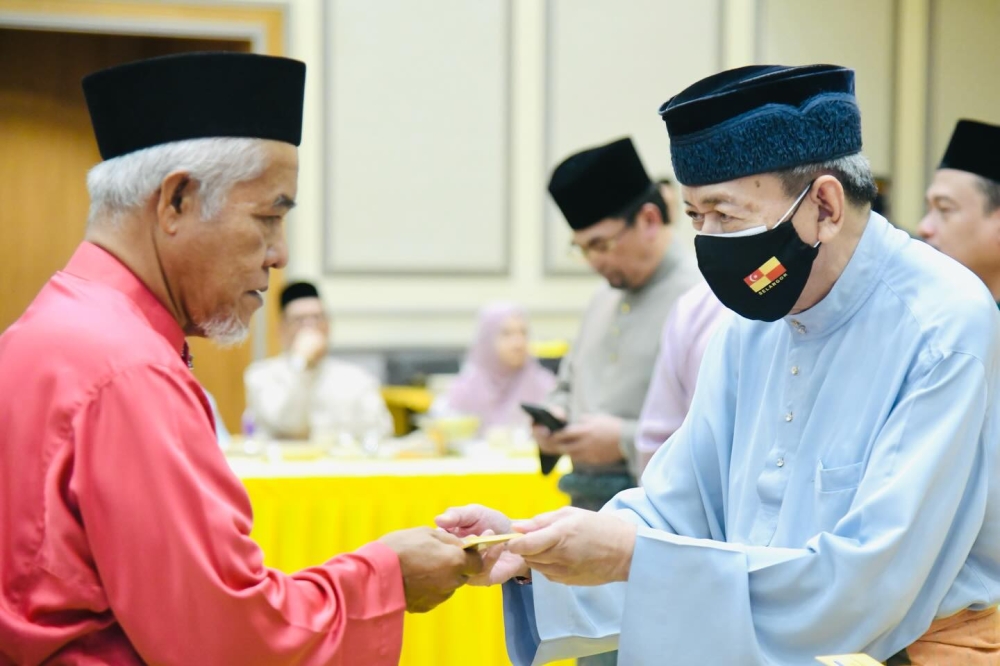KUALA LUMPUR, Oct 27 — A study has found that women continue to face workplace gender discrimination, with most employers prying about their marital status or their plans to start a family before considering them for a position or promotion.
The survey conducted by Women’s Aid Organisation (WAO) in collaboration with Vase.ai, a leading digital consumer research company in Malaysia, found that 56 per cent of women polled in the “Voices of Malaysian Women on Discrimination and Harasment in Workplace” have experienced some form of workplace gender discrimination.
WAO said 47 per cent of those who faced discrimination said they were asked about their marital status or their plans to start a family and were passed up for promotion although they were the better candidate.
“Other forms of discrimination include receiving comments or questions about their ability to perform certain tasks and being asked to do more work than men of a similar job description,” WAO said this morning.
A total of 1,010 respondents aged between the age of 24 and 55 were quota-sampled according to census statistics on race and religion by gender.
WAO said respondents were required to be active in the workforce within the last five years to participate in the survey.
“Twenty-two per cent of respondents said they experienced racial or religious discrimination during a recruitment process for employment and during the course of their employment.
“While 20 per cent of women who have a permanent disability were told by their interviewer or recruiter that they should consider freelancing instead as their disability was an issue,” WAO said.
Meanwhile 62 per cent of the women polled said they have experienced some form of sexual harassment at their workplace, while 71 per cent of respondents feel that sexual harassment at workplace is an issue that needs to be looked into.
WAO said currently, the Employment Act 1955 defines and prohibits sexual harassment, making it a statutory obligation for an employer to enquire into a complaint of sexual harassment by an employee within 30 days upon receipt of such complaint, although ultimate discretion over such enquiry rests with the employer.
The Human Resources Ministry had proposed for additional protection against sexual harassment, including the requirement for employers to have a sexual harassment policy.
“We suggest that in addition to the proposed additional provisions on sexual harassment in the Employment Act, the government must enact an independent Sexual Harassment Act.
“An independent Sexual Harassment Act is necessary to address sexual harassment in any context, including for individuals in the workplace context who are not covered under the Act (eg interns, volunteers, clients).
“The Act must also be comprehensive in the way it defines sexual harassment, including all forms of conduct across a variety mediums and platforms, from text, to Whatsapp, to social media, to video- conferencing technologies,” the group said.
WAO added that the government must also establish a Sexual Harassment Tribunal to allow survivors to bring complaints of sexual harassment in a way that is inexpensive, fast, and not burdensome.


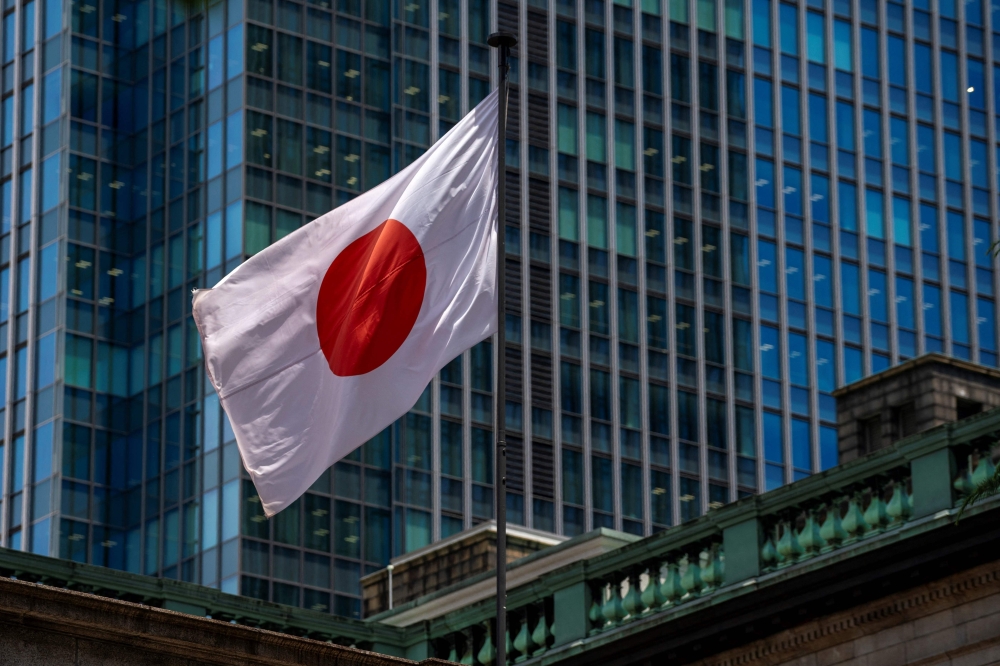
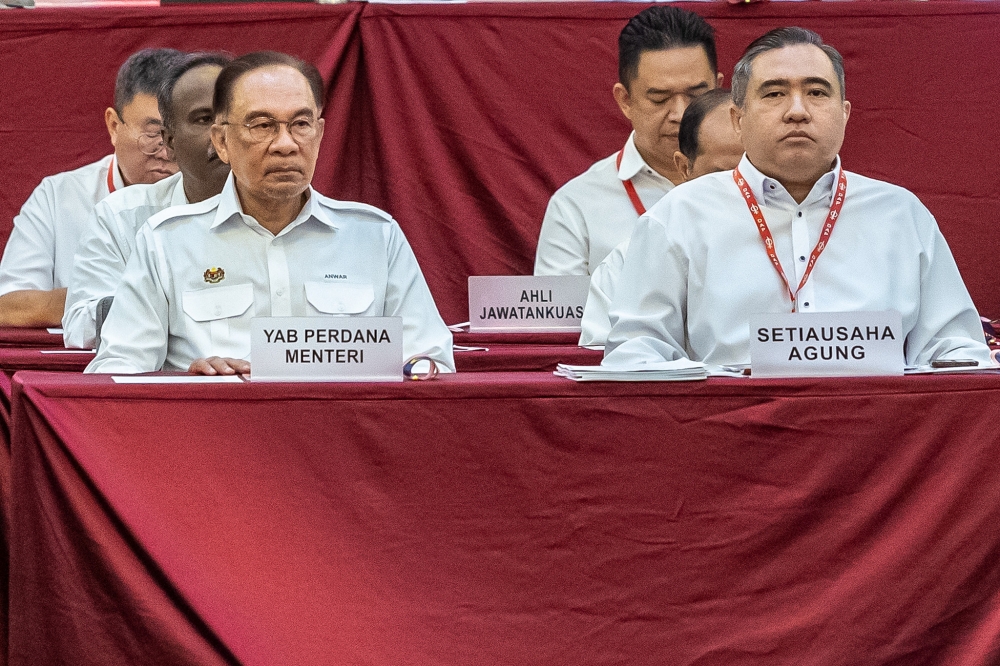



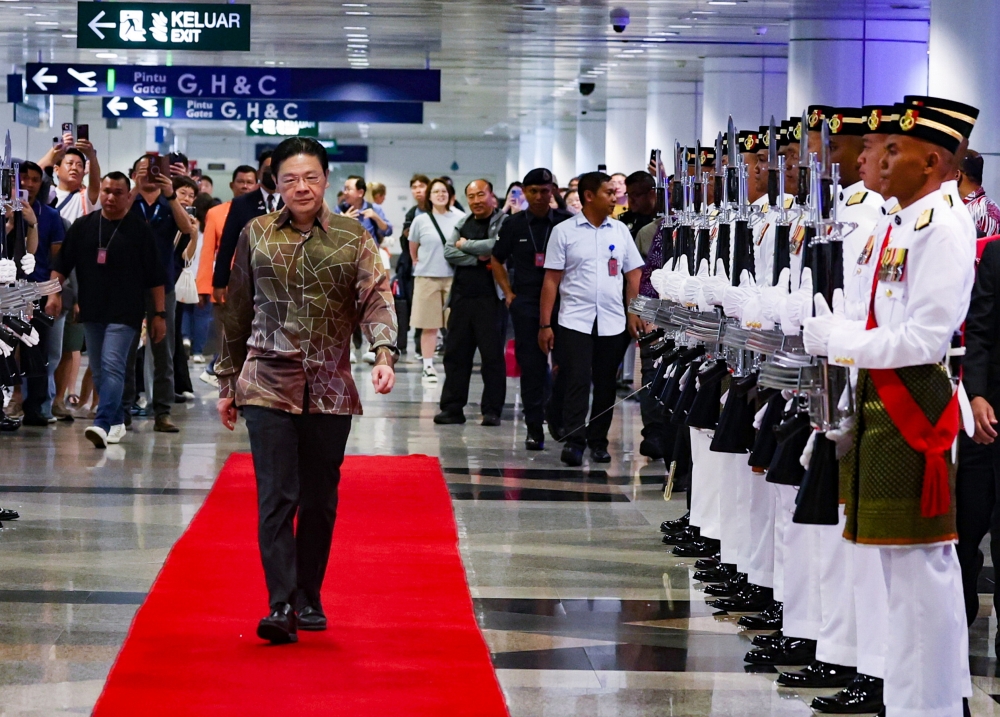
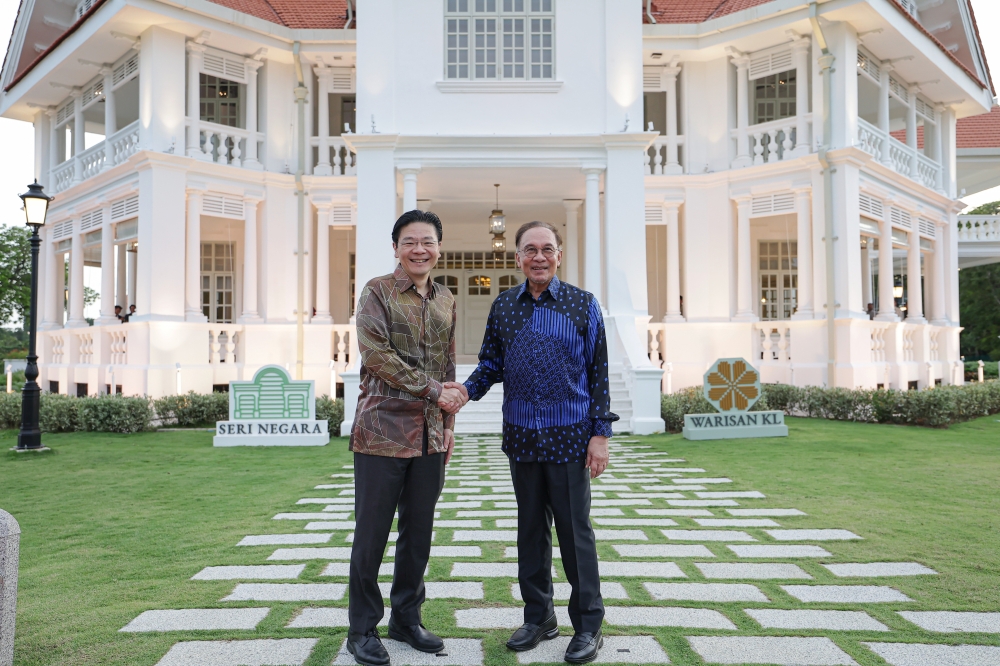


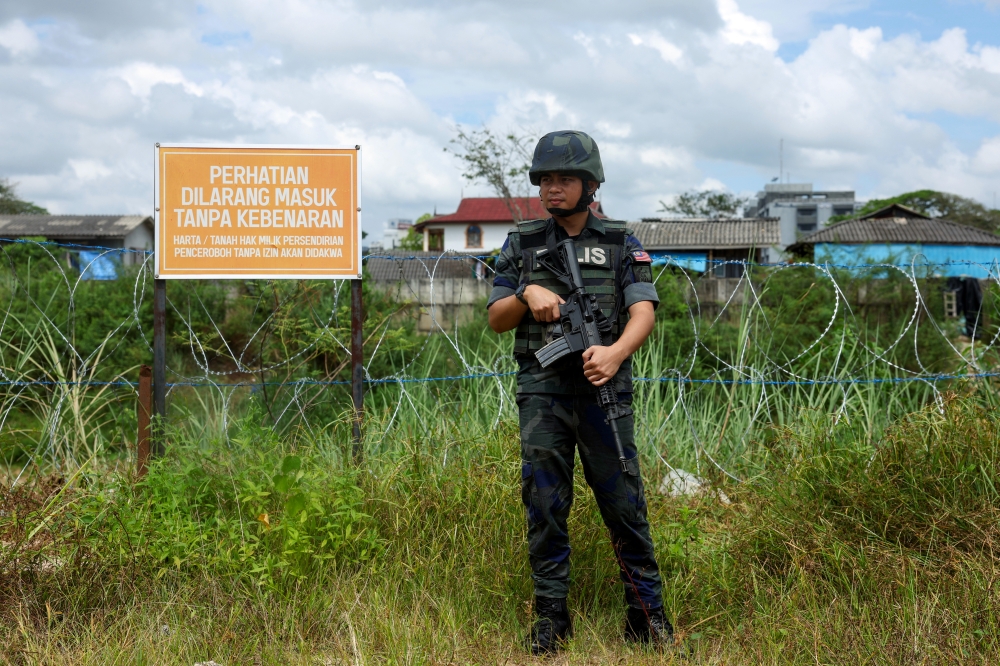

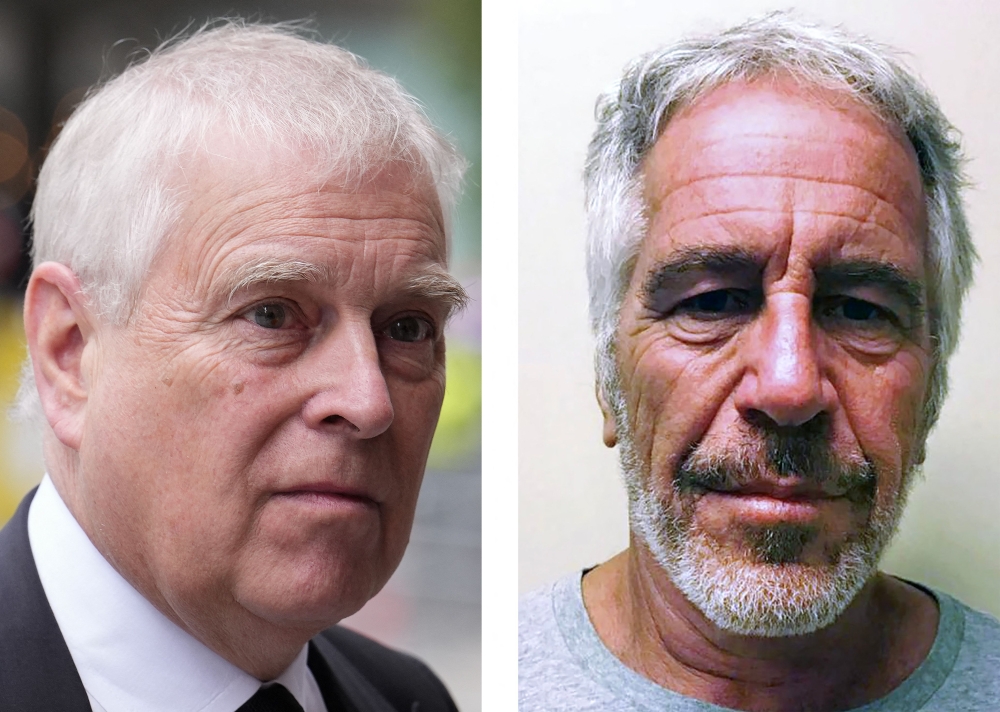
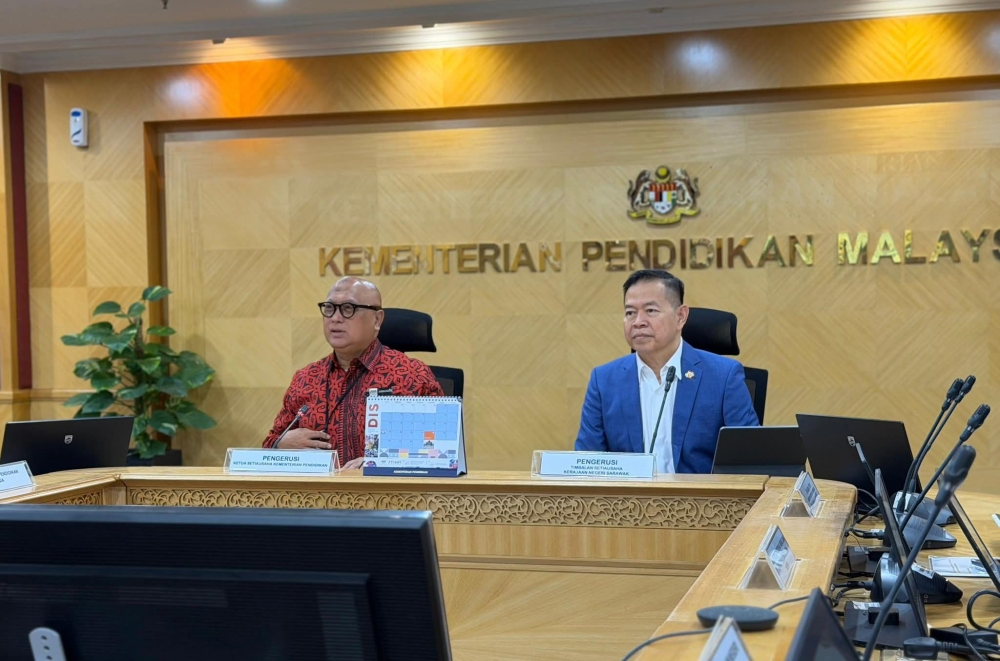
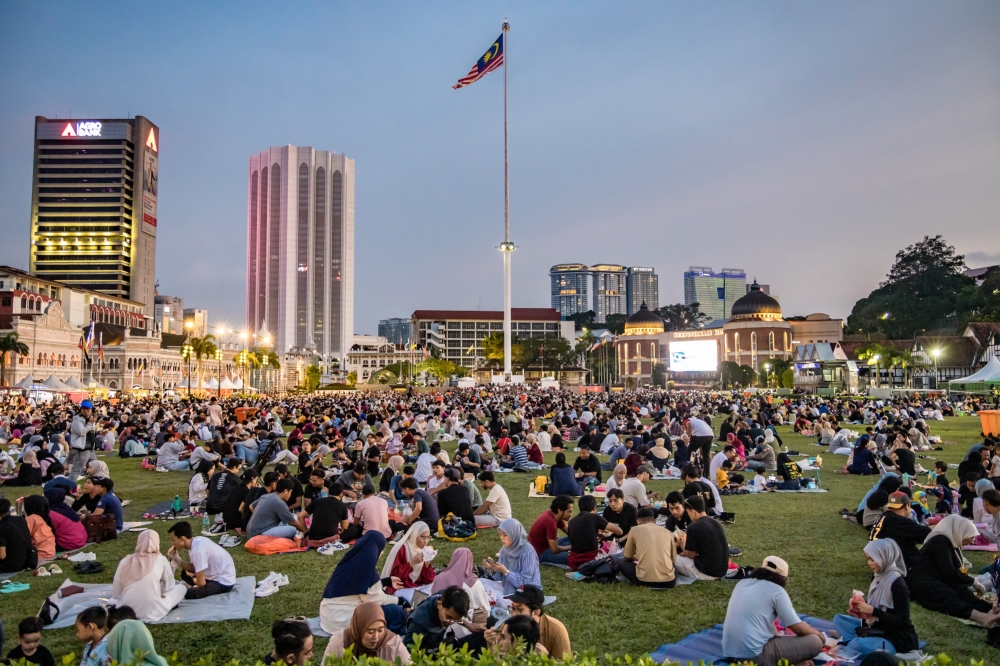
.jpg)
